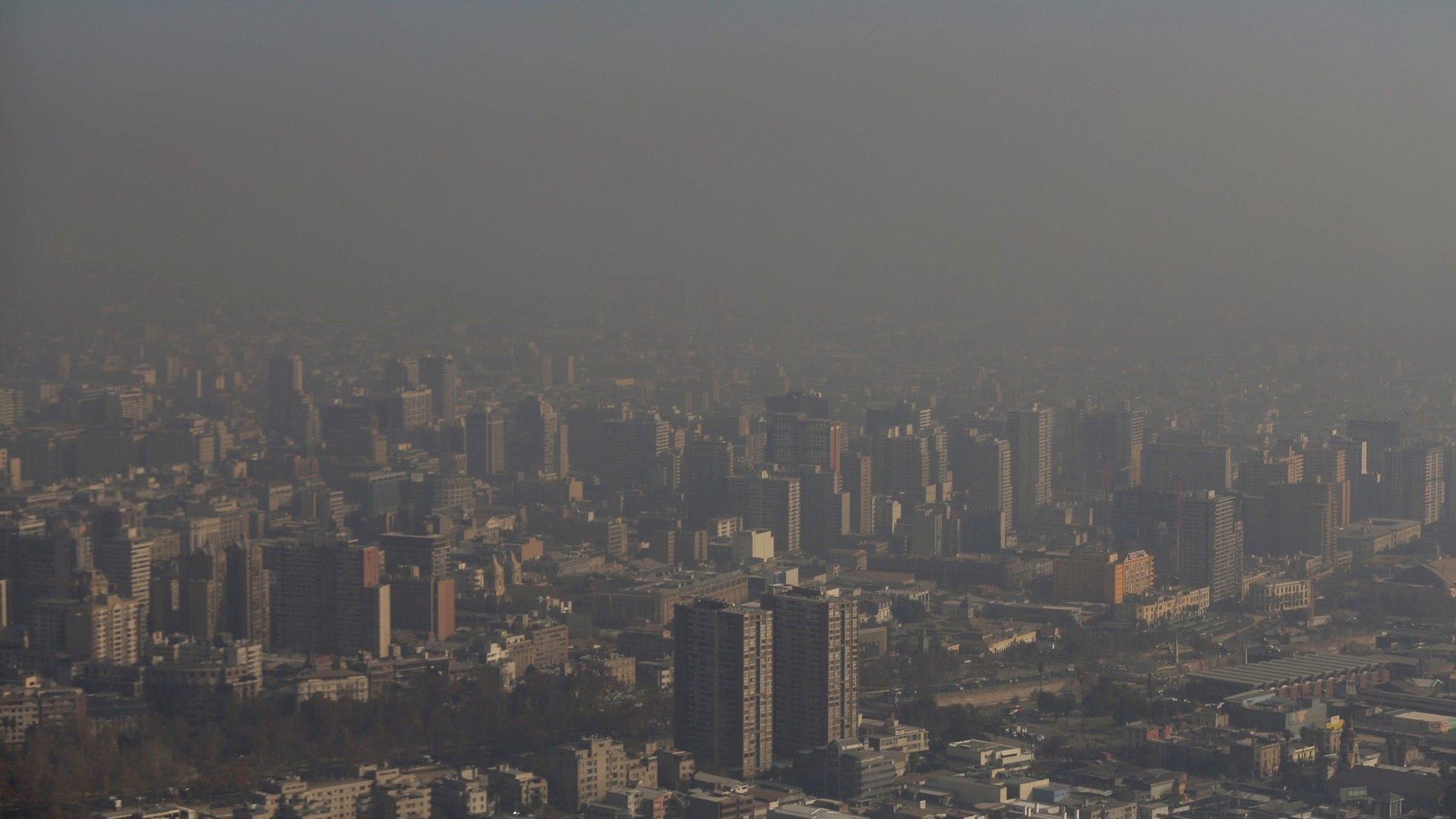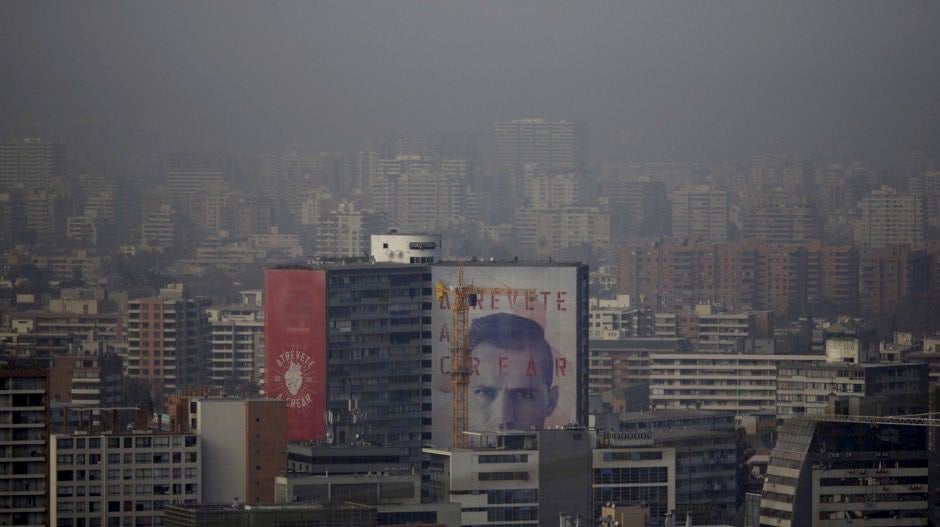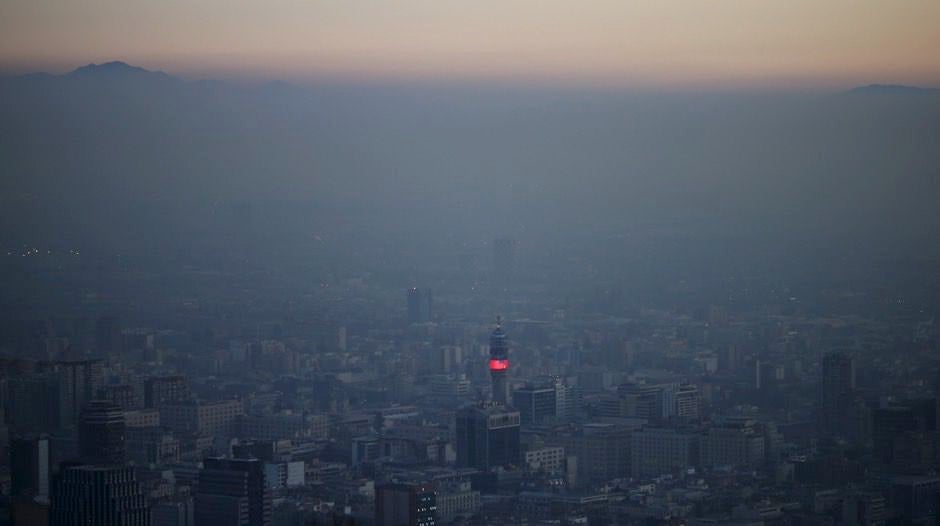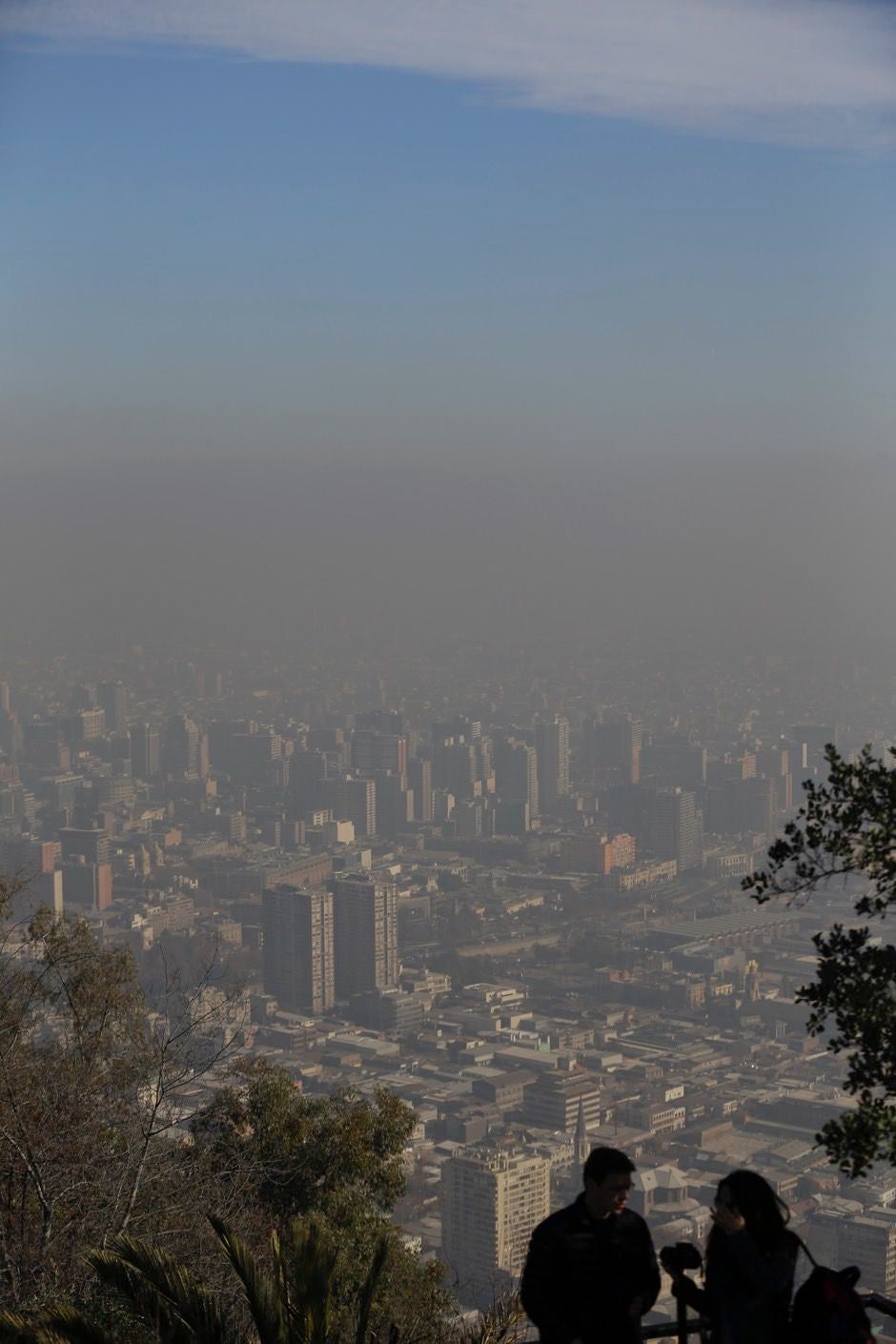A smog emergency forced Chile’s capital to shut down—but a soccer tournament goes on
Santiago got off to a bad start this week. On Monday, heavy air pollution forced Chile’s capital and largest city to declare an environmental emergency. That involved keeping 680,000 vehicles parked, closing 1,300 businesses that emit high levels of contaminants, and suggesting to the city’s seven million residents that they avoid outdoor activities.


Santiago got off to a bad start this week. On Monday, heavy air pollution forced Chile’s capital and largest city to declare an environmental emergency. That involved keeping 680,000 vehicles parked, closing 1,300 businesses that emit high levels of contaminants, and suggesting to the city’s seven million residents that they avoid outdoor activities.

By Monday evening, the city government declared the emergency over, though it still kept about 300,000 vehicles off the street on Tuesday. But when it comes to the beautiful game, the show must go on. Chile is in the midst of hosting the Copa America soccer tournament, which includes games in the city and features national teams from around Latin America.
Chile’s national team stars against Uruguay in the showpiece first quarter-final tonight in Santiago—and the game hasn’t been canceled. Chile’s soccer stars trained in the smog even as locals were ordered indoors. “That topic we see on the television, but we aren’t talking about it,” Uruguay’s captain Diego Godin said. “We’re 100% involved in soccer.”
Santiago’s air pollution problem is among the world’s worst (pdf), according the journal Environmental Pollution, and causes widespread breathing problems. Surrounded by hills and mountains, the city lacks proper “air drainage.” The problem intensifies during winter, when thermal inversion traps more pollution. A dry winter only worsens the problem—and the current winter is one of the driest in decades.

In a normal winter, rain occasionally improves the city’s bad air. But so far the rainfall has measured just under 12 milliliters (link in Spanish) for the year, compared to the 100-plus normally seen by now. Meanwhile the ski resorts around Santiago have mostly barren slopes to offer.
Chile has suffered from drought and increasing desertification for years, prompting the government to last year introduce a carbon tax that goes into effect in 2018. The tax is meant to force power producers to gradually move to cleaner sources to help reduce the country’s greenhouse gas emissions.
